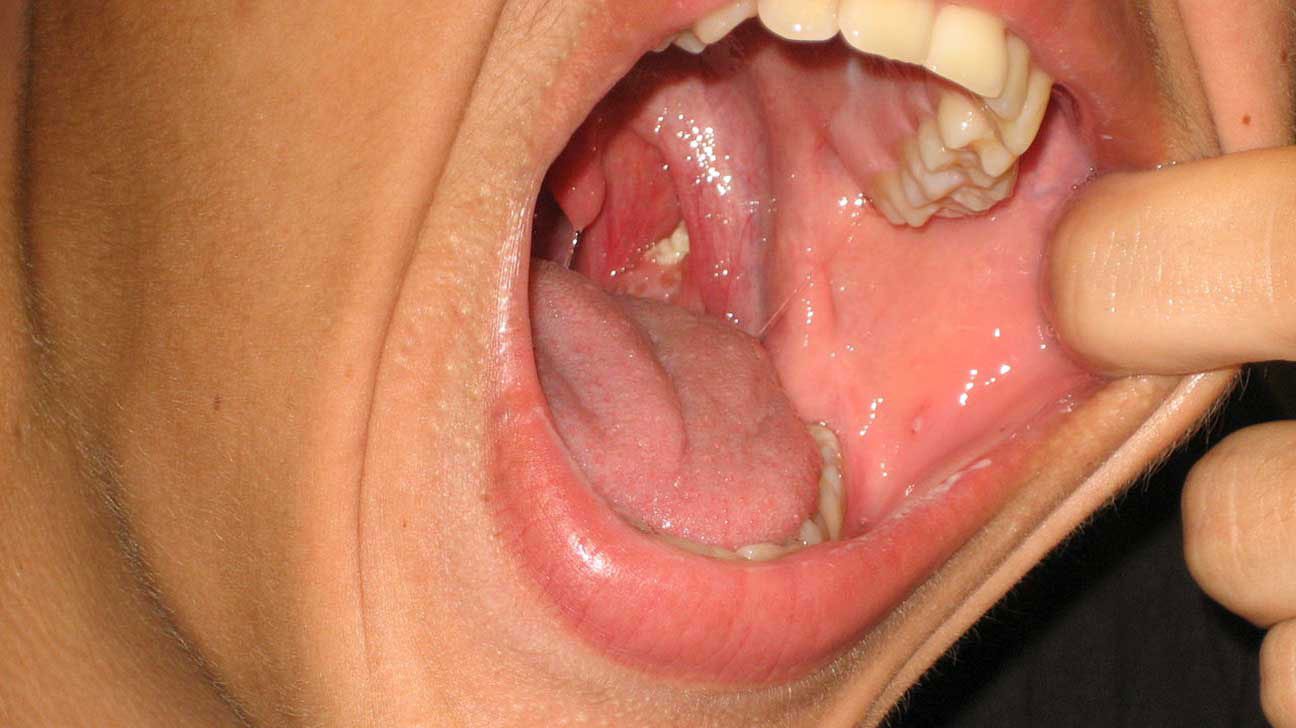Tonsil Stones: Causes, Symptoms, and Effective Treatments

Tonsil stones, medically known as tonsilloliths, are small, calcified formations that develop within the crevices of the tonsils. Composed of hardened minerals like calcium, along with food debris and bacteria, these stones can lead to discomfort and oral health issues.
What Are Tonsil Stones?
Tonsil stones are hard clusters that form in the crypts of the tonsils. They appear as white or yellowish formations and are often associated with bad breath due to bacterial presence.
Causes of Tonsil Stones
Several factors contribute to the formation of tonsil stones:
Accumulation of Debris: Food particles, dead cells, and mucus can get trapped in the tonsil crypts.
Bacterial Growth: The trapped debris serves as a breeding ground for bacteria, leading to infection and calcification.
Chronic Tonsillitis: Persistent inflammation of the tonsils can increase the risk of stone formation.
Symptoms of Tonsil Stones

Bad Breath (Halitosis): The most prevalent symptom, resulting from sulfur compounds produced by bacteria.
Sore Throat: Discomfort or pain, especially when swallowing.
Visible White or Yellow Debris: Spots or lumps on the tonsils.
Ear Pain: Due to shared nerve pathways between the tonsils and ears.
Difficulty Swallowing: Sensation of an obstruction in the throat.
Treatment Options for Tonsil Stones
Treatment varies based on the size and symptoms of the tonsil stones:
Home Remedies:
Gargling with Salt Water: Helps dislodge stones and soothe throat discomfort.
Manual Removal: Using a cotton swab to gently remove smaller stones.
Oral Irrigators: Devices like water flossers can flush out debris from the tonsil crypts.
Medical Interventions:
Laser Tonsil Cryptolysis: A laser is used to reshape the tonsil crypts, reducing the likelihood of stone formation.
Coblation Cryptolysis: Utilizes radiofrequency energy to eliminate crypts without heat.
Tonsillectomy: Surgical removal of the tonsils, considered in severe or recurrent cases.
Preventive Measures
To minimize the risk of developing tonsil stones:
Maintain Good Oral Hygiene:
Regular Brushing and Flossing: Removes food particles and reduces bacterial growth.
Tongue Cleaning: Eliminates bacteria from the tongue’s surface.
Stay Hydrated: Drinking ample water helps prevent debris buildup in the tonsils.
Use Non-Alcoholic Mouthwash: Reduces bacterial presence without causing dry mouth.
Avoid Smoking and Limit Alcohol Consumption: Both can contribute to dry mouth and bacterial growth.
Regular Dental Check-Ups: Professional cleanings help maintain overall oral health.
Try Lidercare Now!
We Help You Launch New Products, And Continue To Grow. Try Us With 20% Off Your First Order!
When to Seek Medical Attention
Consult a healthcare provider if you experience:
Persistent or Large Tonsil Stones: Especially if they cause significant discomfort.
Severe Pain or Swelling: Indicating possible infection.
Difficulty Swallowing or Breathing: Could signify a more serious condition.
Understanding the causes, symptoms, and treatments of tonsil stones is essential for maintaining optimal oral health. Implementing preventive measures and seeking appropriate treatment can effectively manage and reduce the occurrence of tonsil stones.
Table of Contents
Awesome! Share to:
Latest Blog Posts
Check out the latest industry trends and take inspiration from our updated blogs, giving you a fresh insight to help boost your business.



